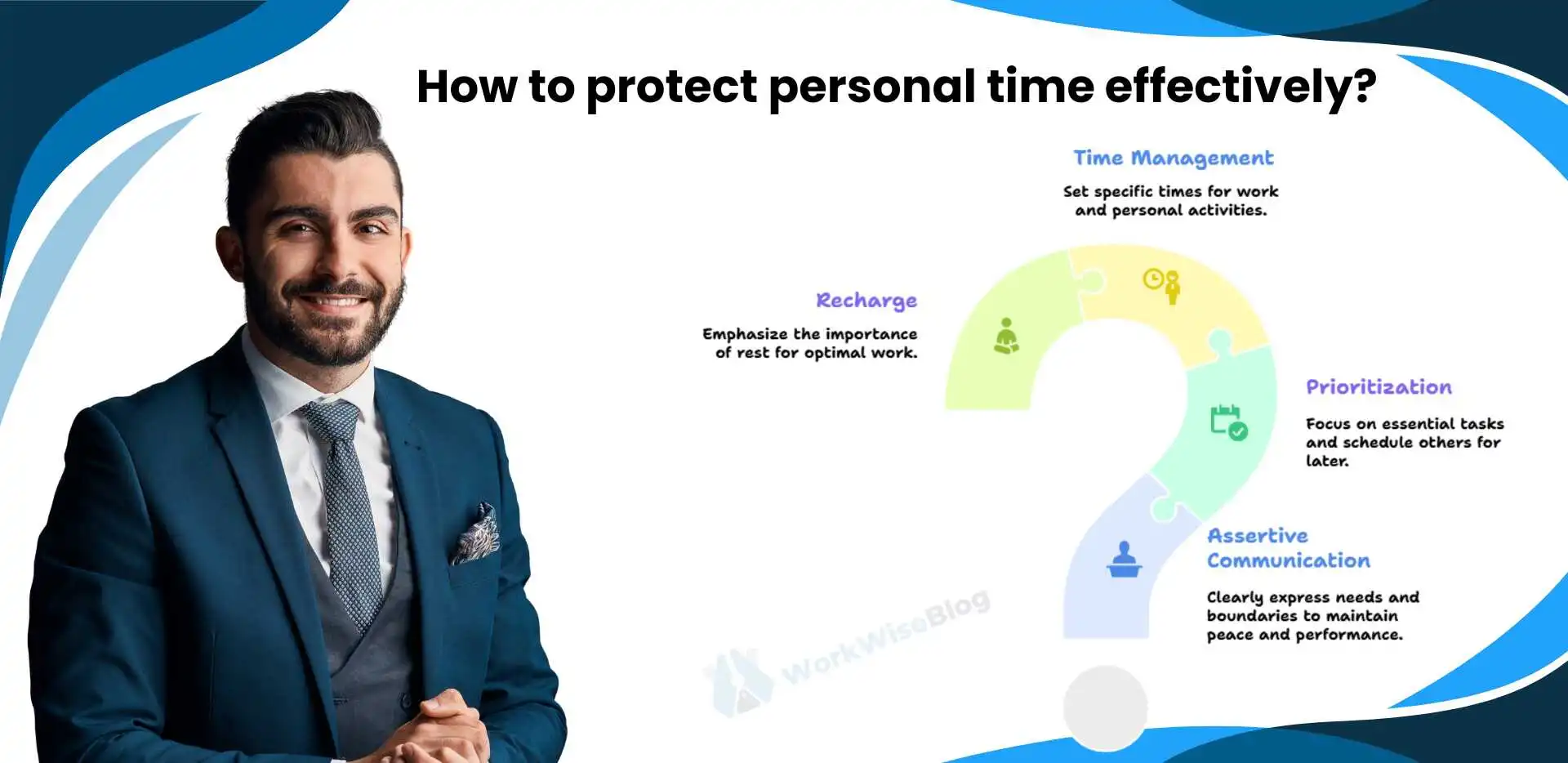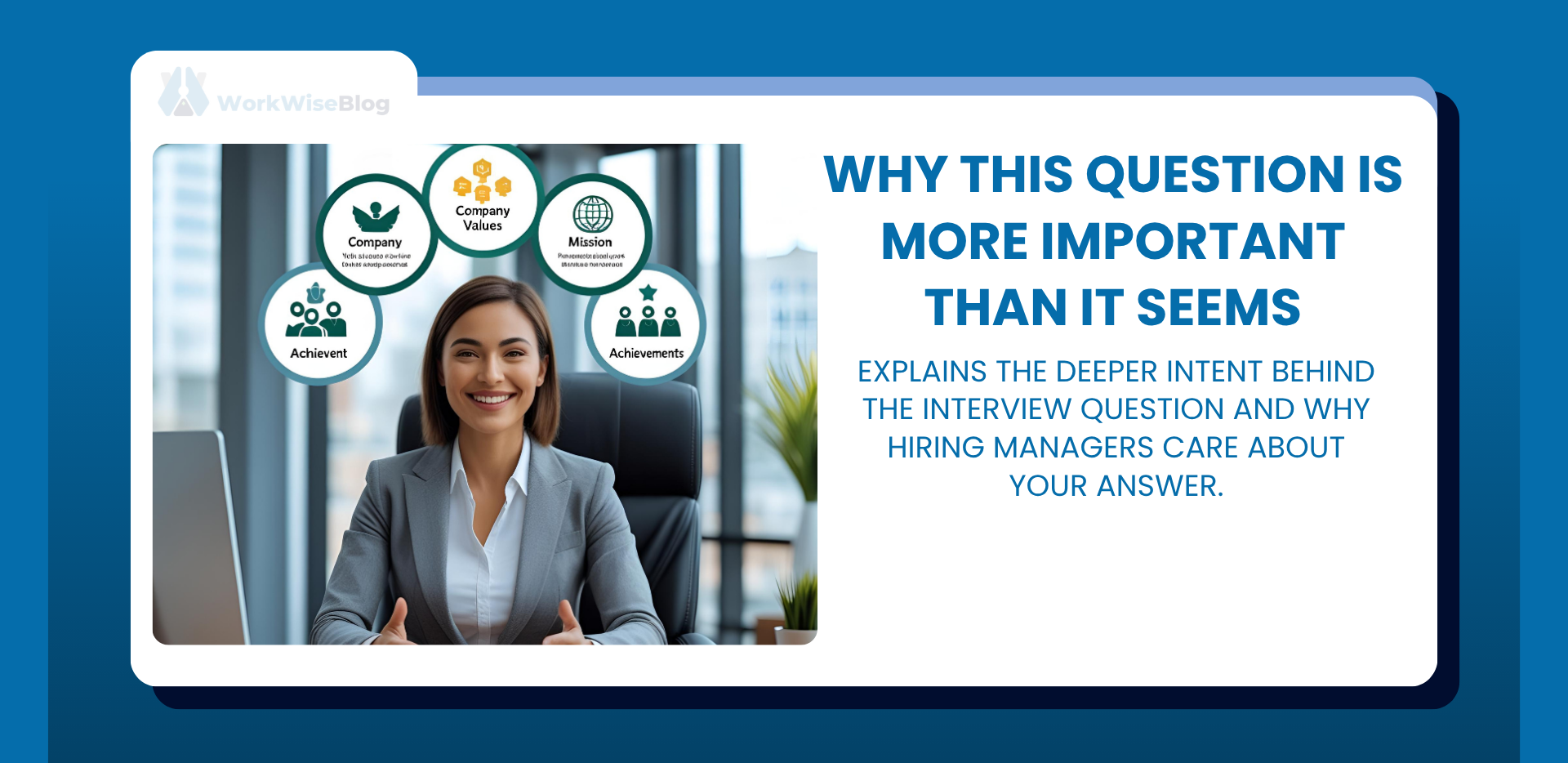
Why People Switch Careers
Today it is not uncommon to switch careers and jobs. A report by the Bureau of Labor Statistics states that the average person switches jobs 12 times in his or her lifetime.
The following are the reasons:
- New jobs and industries emerge like artificial intelligence and green energy.
- Changing personal needs such as the need to balance work and life or work from home.
- Exhaustion, frustration, or stagnation at the current position or job.
Changing one’s career can be difficult but at the same time, it presents an opportunity to redirect one’s career path in line with his or her changing goals and strengths.

Key Signs It's Time to Change Careers
Identifying the signs of an impending career change can save you from prolonged dissatisfaction. Below are some common indicators:

1. You Feel Constantly Unfulfilled
-
- Your work feels more like a chore than a passion.
- Tasks that once excited you now leave you feeling drained.
- A lack of purpose can lead to long-term dissatisfaction.
Example: If you’re a graphic designer but feel more drawn to teaching others about design, it may signal a passion for education rather than execution.

2. Burnout Has Become the Norm
-
-
- Persistent exhaustion, even after breaks.
- You dread Monday mornings and live for the weekends.
- Chronic stress is negatively affecting your mental and physical health.
-
According to the World Health Organization, burnout affects nearly 40% of professionals globally, making it a major factor in career dissatisfaction.
3. Lack of Career Growth
-
-
- Your current role has limited opportunities for advancement.
- You’ve stopped learning new skills or feel stagnant.
- Promotions or raises seem unattainable despite your efforts.
-
4. Misalignment with Your Values
-
-
- Your job conflicts with your ethical beliefs or lifestyle choices.
- You no longer feel proud to tell people where you work or what you do.
- A misaligned workplace culture can lead to emotional stress.
-
Example: An animal lover working in a pharmaceutical testing lab might experience a moral conflict over time.
5. Emerging Interests in Other Fields
-
-
- You find yourself exploring courses, books, or podcasts about another industry.
- Networking or volunteering in new fields excites you more than your current job.
-
Take note if your hobbies or side hustles align with another industry—this could be a stepping stone to your next career.
6. Financial Instability or Dissatisfaction
-
-
- You feel underpaid despite your qualifications and contributions.
- Your financial goals seem unattainable in your current role.
-
A Glassdoor survey revealed that 45% of employees switch jobs due to inadequate pay or benefits.
7. Your Work Affects Your Personal Life
-
-
- Work stress spills into your personal relationships.
- You have little time for hobbies, family, or self-care.
- A lack of balance makes life feel overwhelming.
-
Example: If long hours prevent you from attending your child’s soccer games, it’s a red flag.
How to Approach a Career Change
Step 1: Evaluate Your Current Situation
-
-
- List what you like and dislike about your current role.
- Assess whether changes within your company (e.g., switching teams) could resolve issues.
-
Step 2: Research Potential Career Paths
-
-
- Use platforms like LinkedIn Learning or Coursera to explore industries of interest.
- Seek informational interviews with professionals in those fields.
-
CareerFoundry reports that 85% of jobs are filled through networking, highlighting its importance in a career shift.
Step 3: Upgrade Your Skills
-
-
- Identify transferable skills from your current role.
- Invest in certifications or training for your desired field.
-
Example: A marketing professional transitioning to data analytics might take a Google Analytics certification course.
Step 4: Build a Safety Net
-
-
- Save enough to cover expenses during the transition period.
- Consider starting in your new field part-time before making a full commitment.
-
Step 5: Seek Professional Guidance
-
-
- Career coaches or mentors can offer tailored advice.
- Online career assessments like MBTI or CliftonStrengths can provide insights.
-
Real-Life Stories: Successful Career Changes
I found some inspiring success stories of career changes that might interest you:
1- The Muse has a collection of 9 True Career Change Stories That’ll Inspire You. These stories highlight how individuals successfully navigated their career transitions, providing insights and motivation for others considering a similar path.
2- Careershifters features Success Stories from various professionals who made significant career changes, such as moving from finance to nursing or from teaching to tech.
3- Unmudl offers 10 Inspiring Career Change Success Stories, including well-known figures like Michael Bloomberg and Jeff Bezos, who made remarkable career shifts.
FAQs
When is it advisable to resist all temptations and look for another job?
If for instance, your employment makes you unhappy, you frequently fantasize about a changing environment or you are simply bored and feel disillusioned all the time it may be useful to start exploring options. This very importantly means that your current position is incompatible with your future goals.
What are indicators that suggest it is time to change a career?
Some of the most noticeable cues are feeling as though your work is not making any difference, interfering with building or maintaining close relationships or your mental/physical health, regular daydreaming about different lines of employment, and many others. All of them add up to being quite annoyed with your job and only want to be able to forget everything as soon as you come home.
When should you give up on a career?
When you have the impression that your contributions and efforts are for nothing and when you are not in a learning environment, and even worse, feel stagnant, that is obviously something that is a signal to reconsider. There should be many extenuating factors around such positions of gainful employment if any of them exist at all.
When is it appropriate to conclude that a certain career path is not suitable for you?
It is usually a sign that the job does not suit you if you are perpetually apathetic and unhappy, do not relish the thought of attending work, do not align with the company’s aspirations, and feel disheartened on most occasions.
Conclusion
It is true that changing your career is not an easy decision, but in most cases, it is the best decision you can make. After all, it is possible to switch careers to positions that align with your interests and passions. The first step is to understand the timing and how to approach such a daunting change. It is essential to shift your perspective and view it not as a difficult task, but rather as an opportunity. When making such a drastic change, when is the best time? It is best to switch careers when the current one is no longer fulfilling.













